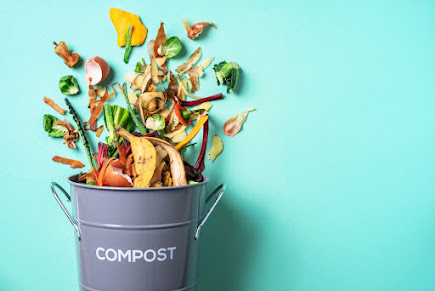Cracking the Recycling Code: A Chill Guide to Going Green

Cracking the Recycling Code: A Guide to Going Green Alright, fellow Earth enthusiasts! Ever found yourself staring at those little numbers in triangles on the bottom of your soda bottle, wondering what on earth they mean? Well, worry not! We're here to break down the recycling code game and help you make eco-friendly choices without breaking a sweat. 1. Understand the Symbols: \The numeric symbols within triangular arrows represent recycling codes, classifying different types of plastics on a scale from 1 to 7. A fundamental understanding of these codes is essential for making conscious choices. 2. Locations Vary: Local recycling practices can vary significantly. To ensure accurate disposal, it is imperative to acquaint yourself with the specific recycling guidelines applicable to your region. Local municipal websites and recycling facilities can provide invaluable information. 3. What codes are Universal? Plastics labeled with codes 1 (PETE) and 2 (HDPE) enjoy widespre


